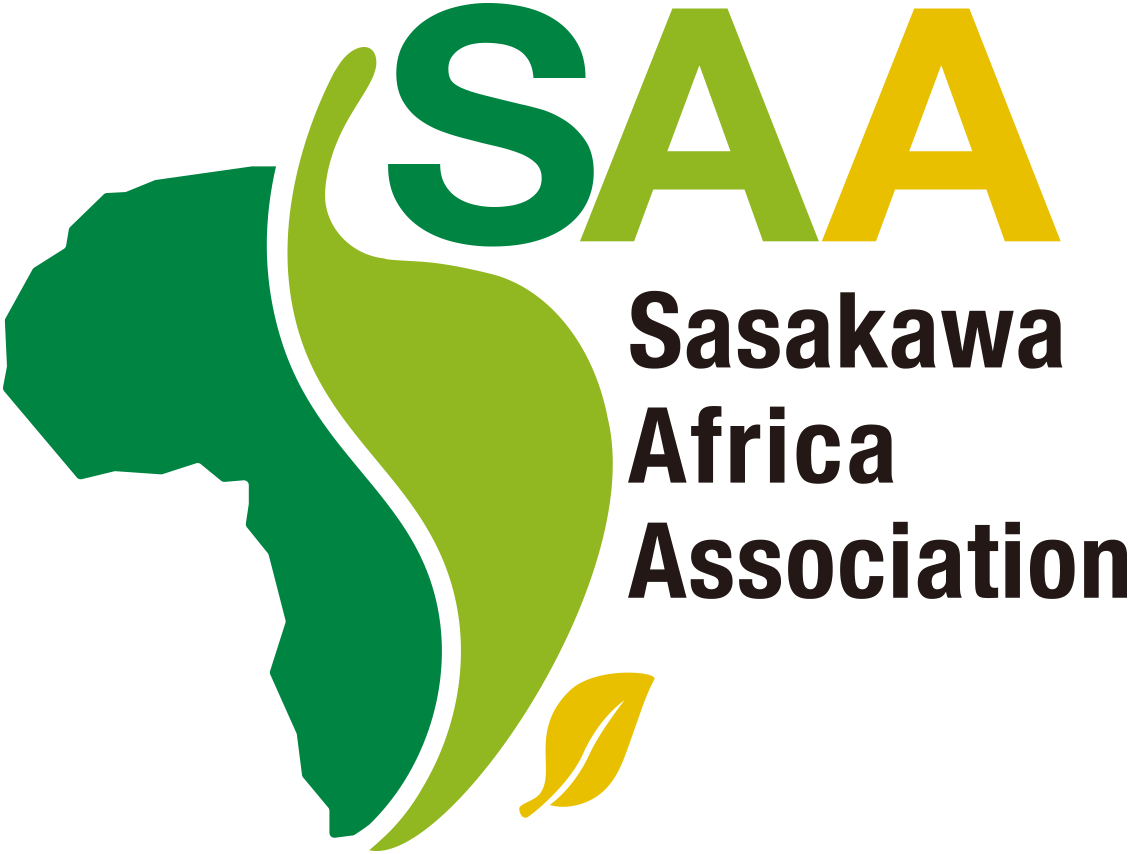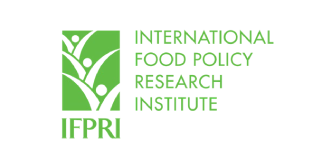
Date & Time
Friday, 26 August, 2022
Zoom Seminar
| 6:30 ‒ 9:15 | ▶ EDT |
| 11:30 ‒ 14:15 | ▶ West Africa |
| 12:30 ‒ 15:15 | ▶ CEST |
| 13:30 ‒ 16:15 | ▶ East Africa |
| 19:30 ‒ 22:15 | ▶ Japan |
| Registration Deadline | : Friday, August 26th by 16:00 (Japan time) |
| Registration Fee | : Free |
| Language | : English (Japanese-English simultaneous interpretation available) |
Overview



Thus, strengthening multidimensional and digitally-enabled agricultural extension is a key means to strengthen resilience of smallholder farmers in Africa. This symposium will highlight trends, good practices, and recommendations for multidimensional, digitally-enables agricultural extension.
In Africa, there are countries with well-developed public extension systems with high staff numbers, such as Ethiopia, and others with smaller numbers of public agents where private services complement the public system, such as Uganda. Most countries are somewhere in between, but for countries with limited government resources, the use of the private sector and civil society to supplement the public system and connect to markets becomes even more important.
Digital tools are particularly important for extension, for decision-making and to connect diverse actors and facilitate access to input/output markets, improved technologies, extension services/information, finance, and private sector provision. Digital technology applications are increasingly integrated in extension systems to support farmers to increase productivity and incomes, expand opportunities and increase resilience by adopting better suited varieties, managing pests and disease, adapting to climate change, obtaining inputs, and accessing financial services. Digitalization of agricultural extension is an important tool to reach farmers with services and information to accelerate agricultural transformation in Africa to reach the Sustainable Development Goals (SDGs) by 2030. Increasing investment in digital technologies to help small-scale farmers will bring significant benefits long after the supply chain disruptions caused by the COVID-19 pandemic and Ukraine crisis has passed.
Thus, strengthening multidimensional and digitally-enabled agricultural extension is a key means to strengthen resilience of smallholder farmers in Africa. This symposium will highlight trends, good practices, and recommendations for multidimensional, digitally-enables agricultural extension.
Program
● The program schedule is subject to change.
This timetable is shown in Japan time.

swipe
| Time (JST) | Session | Speakers | |||||||||||
|---|---|---|---|---|---|---|---|---|---|---|---|---|---|
| 19:30~19:50 |
Welcome and Introductions
|
Hon. Prof. Ruth Oniang’oChair, SAA
Dr. Johan SwinnenDirector General, IFPRI
Dr. Silim NahdyExecutive Director, AFAAS
Mr. Yohei SasakawaChairman, The Nippon Foundation
|
|||||||||||
|
|||||||||||||
|
|||||||||||||
|
|||||||||||||
|
|||||||||||||
|
|||||||||||||
| 21:10~21:55 |
Panel discussion: Perspectives from panelists“Multidimensional agricultural
|
Moderator Panelists Prof. Tomoyuki NaitoVice President, Graduate School of Information Technology, Kobe Institute of Computing
Dr. Yvonne PintoLead Specialist- Digital Agriculture Innovation, The World Bank; and Managing Director, Aline Impact Ltd
Mr. Shinjiro AmameishiDeputy Director General, and Group Director for Agricultural and Rural Development 2, Economic Development Department, JICA
Ms. Yenenesh Egu, BezabihDirector, Agricultural Extension Directorate, Ministry of Agriculture Ethiopia
|
|||||||||||
| 21:55~22:05 |
Q & A |
Moderator |
|||||||||||
|
|||||||||||||
Speaker Profile
MC
Ms. Sayako Tokusue
Corporate Communications Officer, SAA
Welcome and Introductions / Overview and Objectives of the Program
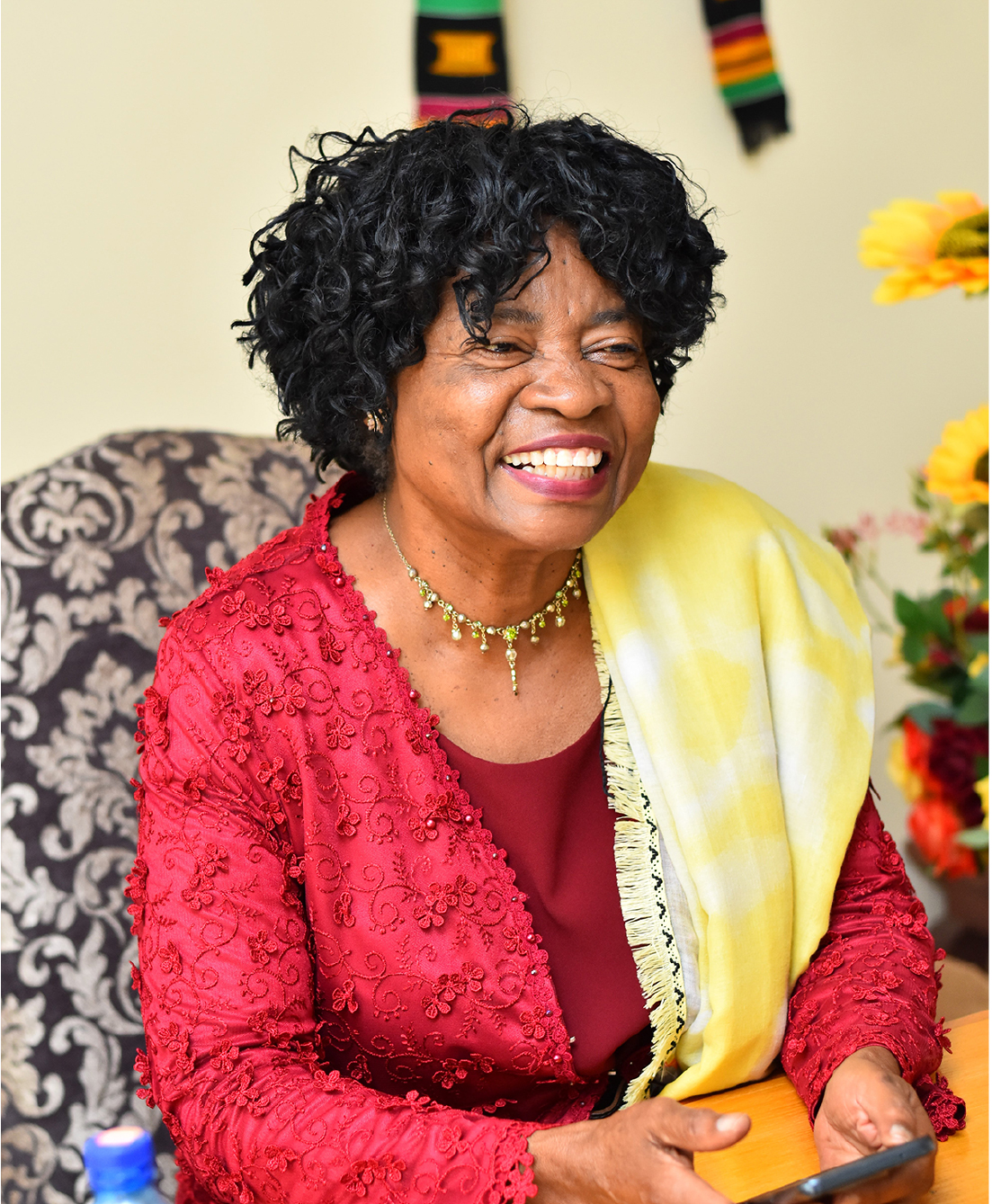
Hon. Prof. Ruth Oniang’o
Chair, SAA
Hon. Prof. Ruth Oniang’o, Chair of SAA, is the founder of the African Journal of Food, Agriculture, Nutrition and Development. She is a leader in outreach and work with smallholder farmers in Kenya, and her work with the Rural Outreach Program has supported resource-poor farmer activities. As Chair of Kenya’s Food Security and Nutrition Taskforce, she seeks to raise awareness on poverty, food security, nutrition and gender issues. In 2017, she was awarded the prestigious Africa Food Prize.
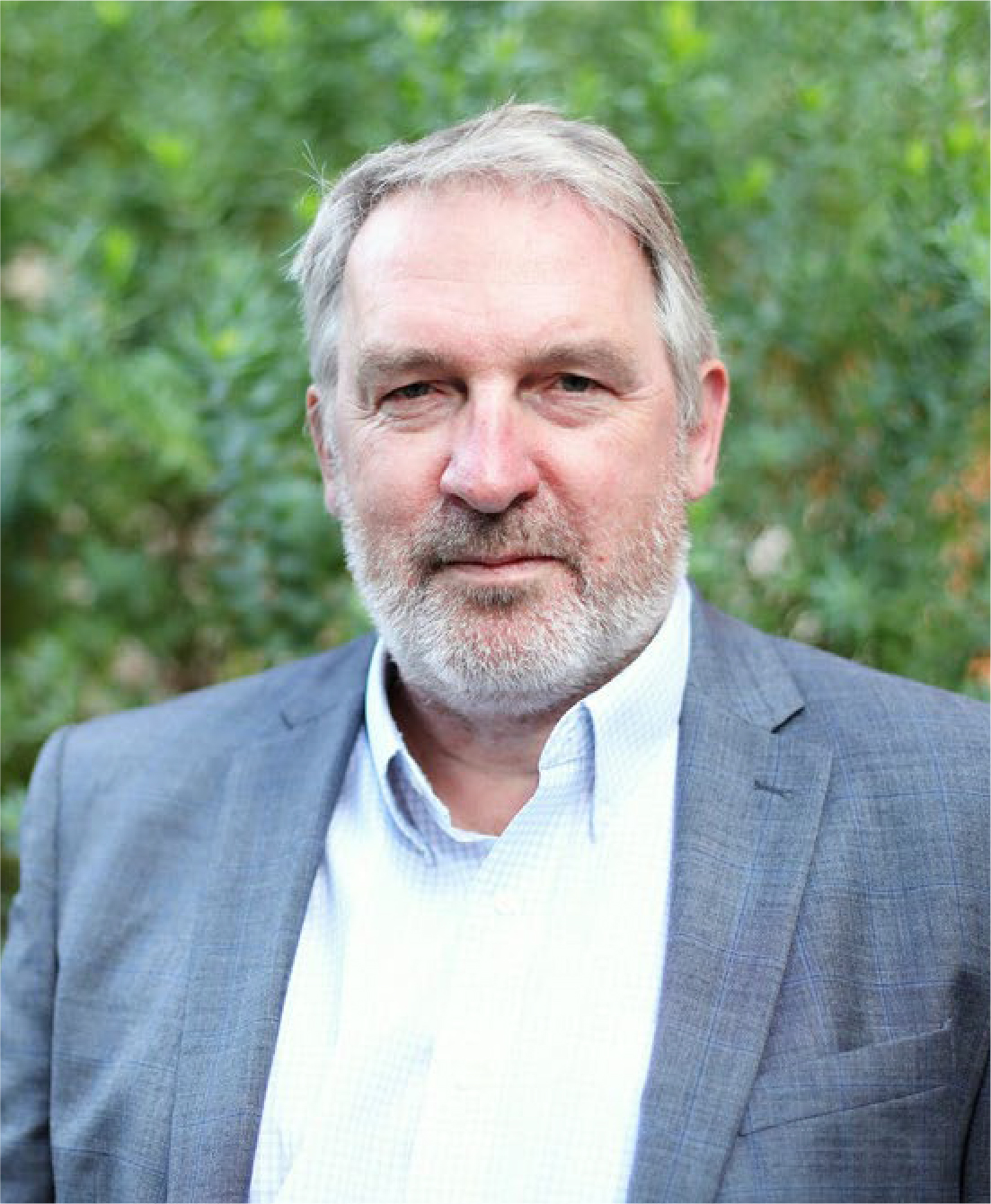
Dr. Johan Swinnen
Director General, IFPRI
Johan Swinnen is Director General of IFPRI and Global Director of Systems Transformation, CGIAR. He presently serves as a co-lead of the finance lever of the UN Food Systems Summit, is a Commissioner in the Food Systems Economics Commission, Co-Chair of the Think20 (T20) Task Force on Climate Change, Sustainable Energy, and Environment, and also a member of the Champions 12.3 Leadership Group to Reduce Food Loss and Waste (SDG Target 12.3) and the Africa Europe Strategic Task Force on Sustainable Agriculture and Food Systems. Prior to joining IFPRI, he was a professor of economics and the director of the LICOS Centre for Institutions and Economic Performance at KU Leuven (Belgium), as well as a senior research fellow at the Centre for European Policy Studies in Brussels. He has also served as a lead economist at the World Bank and economic advisor to the European Commission. He is a fellow of the Agricultural & Applied Economics Association and the European Association of Agricultural Economists, and past president of the International Association of Agricultural Economists.
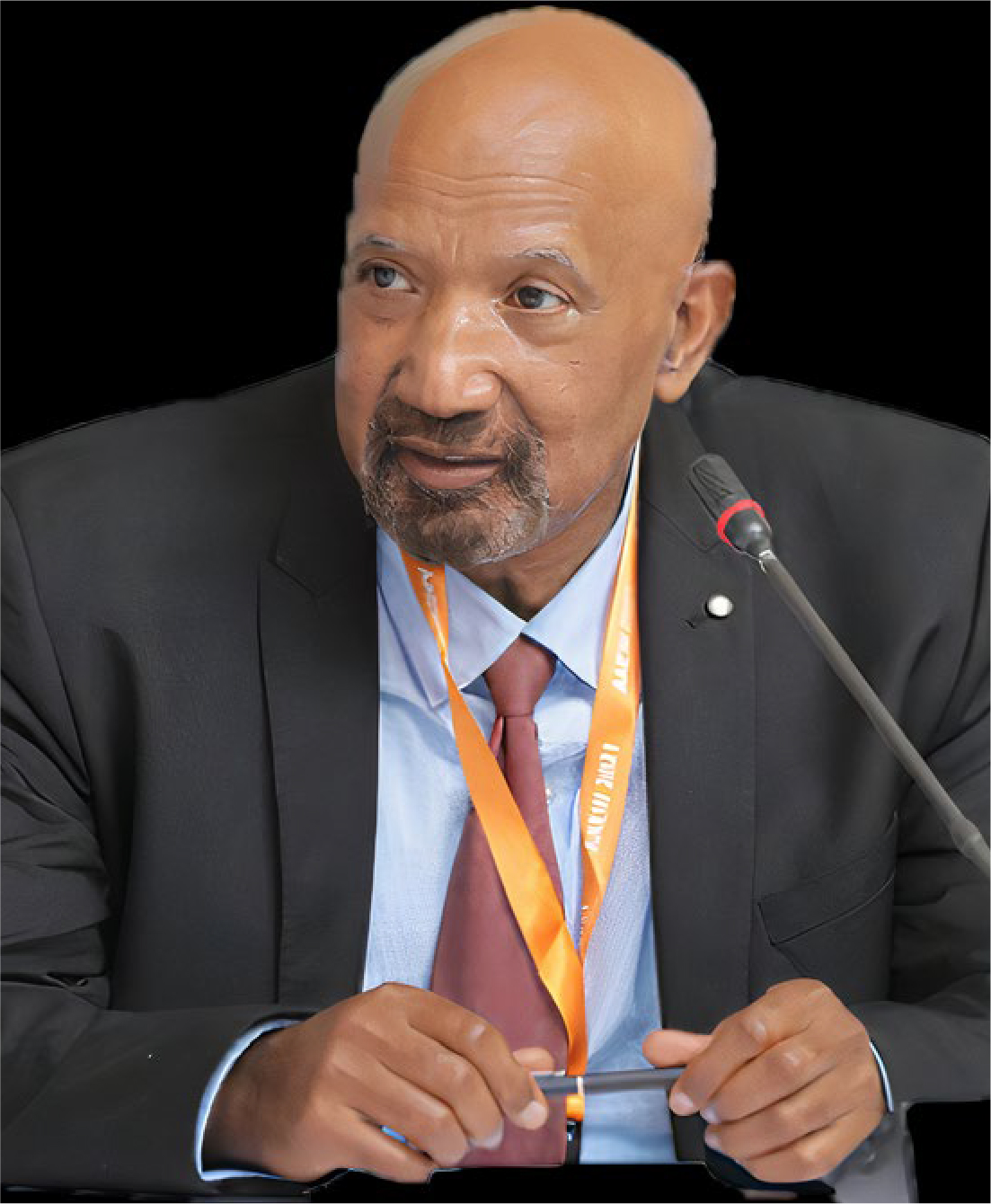
Dr. Silim Nahdy
Executive Director, AFAAS
Dr. Silim Nahdy is the Executive Director, of the African Forum for Agricultural Advisory Services (AFAAS). He holds a PhD in Agriculture from University of Reading having attained it in 1995 and since then has undertaken several trainings in R&D, leadership, strategic planning and partnership building. He is a Founder member of GFRAS and has been Chair of the GFRAS Steering Committee and team leader for the Global Forum for Rural Advisory Services (GFRAS) policy working group. Worked as Executive Director NAADS and a Director in NARO ‒ Uganda. He has participated in several policy fora and/or supported policy formulation and policy dialogue in a number of African countries. He continues to be instrumental in partnership building and networking, between and among the whole range of actors involved in agricultural development at global, continental and national levels (involving farmers, extension workers, NGOs, CBOs, Local Authorities, line ministries, private sector etc.) and with development partners and programs of diverse backgrounds.
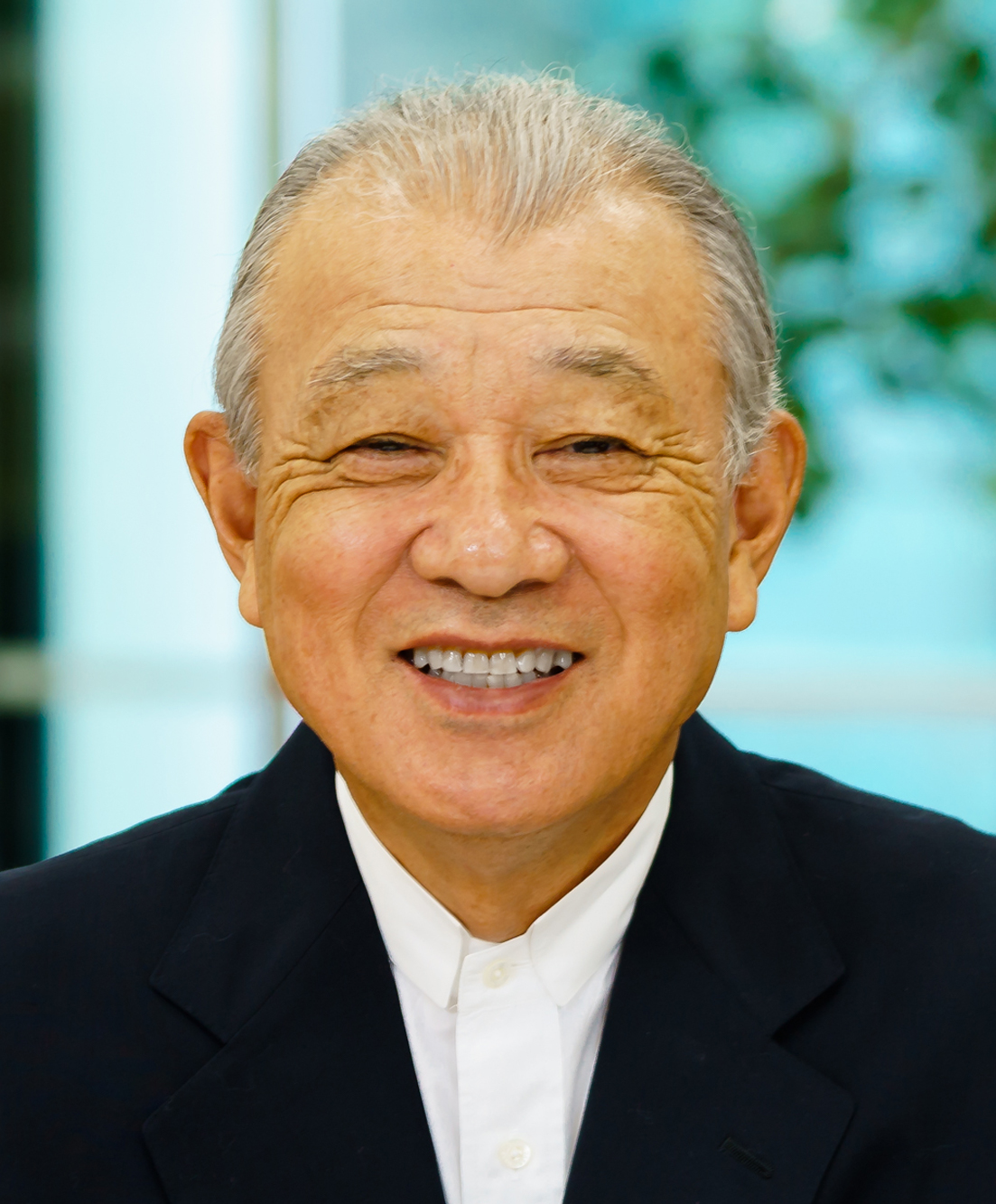
Mr. Yohei Sasakawa
Chairman, The Nippon Foundation
Yohei Sasakawa has been active in a wide range of activities since his appointment to The Nippon Foundation Board of Directors in 1981, to promote public interest and welfare in Japan and abroad, including marine issues, disaster recovery, health and sanitation, education, and support for the people with disability. In 1984, he joined Ryoichi Sasakawa, Chairman of The Nippon Foundation, Dr. Norman Borlaug, and former President Jimmy Carter to help Ethiopia cope with famine. In 1986, he established the Sasakawa Africa Association to promote agricultural development in Africa. He is also working for a leprosy free world, as the WHO Goodwill Ambassador for Leprosy Elimination and the Japanese Government Goodwill Ambassador for the Human Rights of People Affected by Leprosy. He was awarded the Gandhi Peace Prize by the Indian government in 2018 and awarded the Grand Cordon of the Order of the Rising Sun and the Order of Cultural Merit by the Government of Japan in 2019.
1. Keynote Addresses
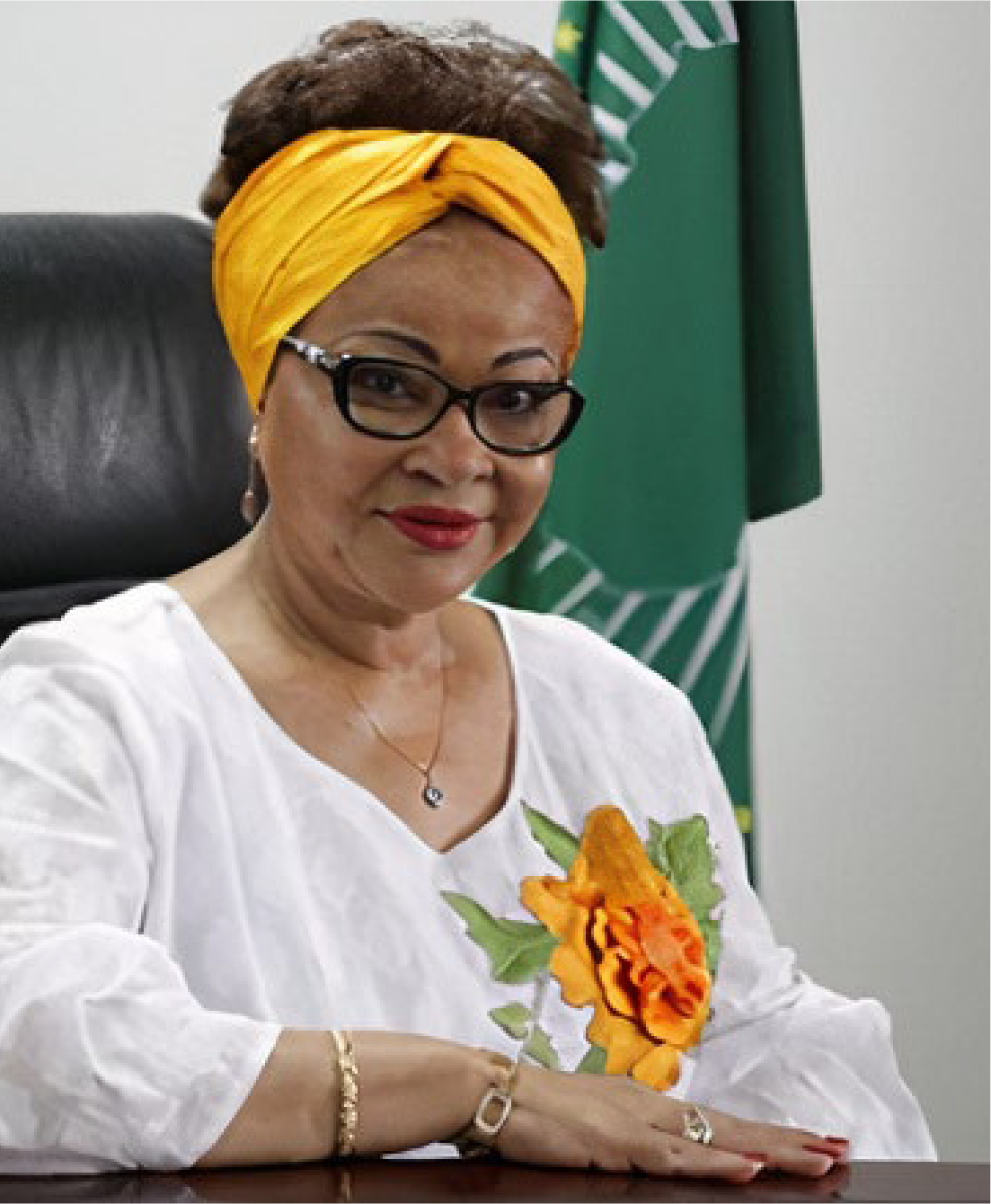
H.E. Josefa Sacko
Commissioner for Rural Economy and Agriculture, African Union
H.E. Josefa Sacko, a Commissioner for Rural Economy and Agriculture of the African Union Commission, was the Special Adviser to two Ministers in Angola: The Angolan Ministry of Environment where she also served as Ambassador responsible for Climate Change. As advisor to the Minister of Agriculture, Ms. Sacko oversaw Food Security, Eradication of Hunger and Poverty Reduction. She also serves as the Secretary General of Inter-African Coffee Organization, with a special mandate to represent the economic interest of the 25 African Coffee producers, management of the Secretariat and present the recommendation.
2. Special Address
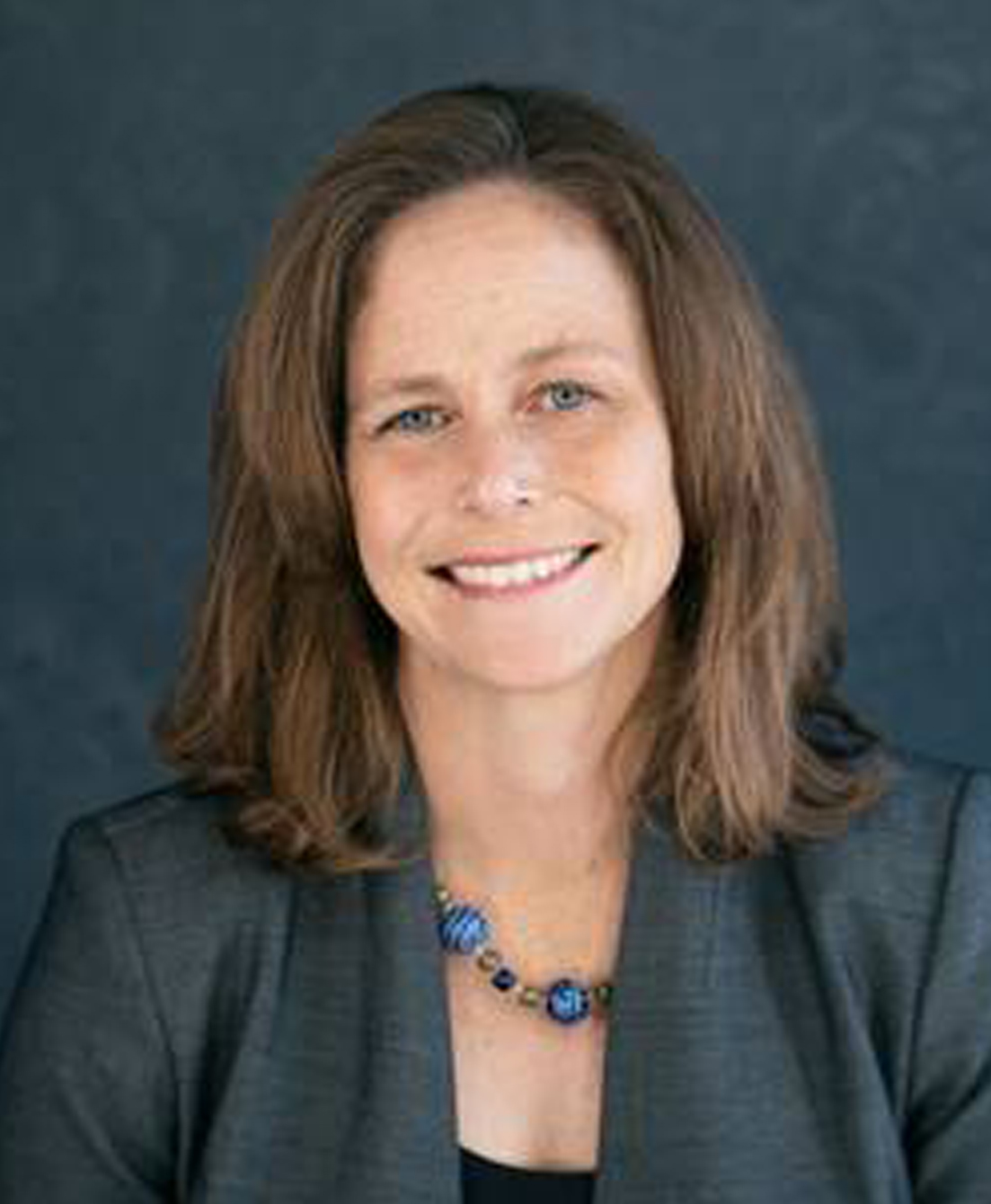
Dr. Beth Dunford
Vice President for Agriculture, Social and Human Capital, African Development Bank
Dr. Beth Dunford is responsible for the Bank’s strategy, lending and other activities in agriculture, water and sanitation, education, and health, as well as Bank-wide work on employment and gender equity. Dr. Dunford leads technical expertise for the Bank’s multi-billion-dollar response to the Covid-19 pandemic in Africa. A United States national, she has held senior level leadership positions in the U.S. government where she managed large programs working with the private sector, civil society and multilateral institutions. Dr. Dunford has also worked with African governments to deliver agricultural, social and human development impact at scale. Dr. Dunford has worked as Assistant to the Administrator in USAID’s Bureau for Resilience and Food Security, and as Deputy Coordinator for Development for “Feed the Future,” the U.S. government’s global hunger and food security initiative. Dr. Dunford has also served in Ethiopia as Director, Office of Assets and Livelihoods, USAID/Ethiopia, where she led government officials, scholars, donors and NGOs, to craft the program, now a model used worldwide to map how emergency and development operations can collaborate to build communities’ resilience to recurrent crises.
3. Special Report
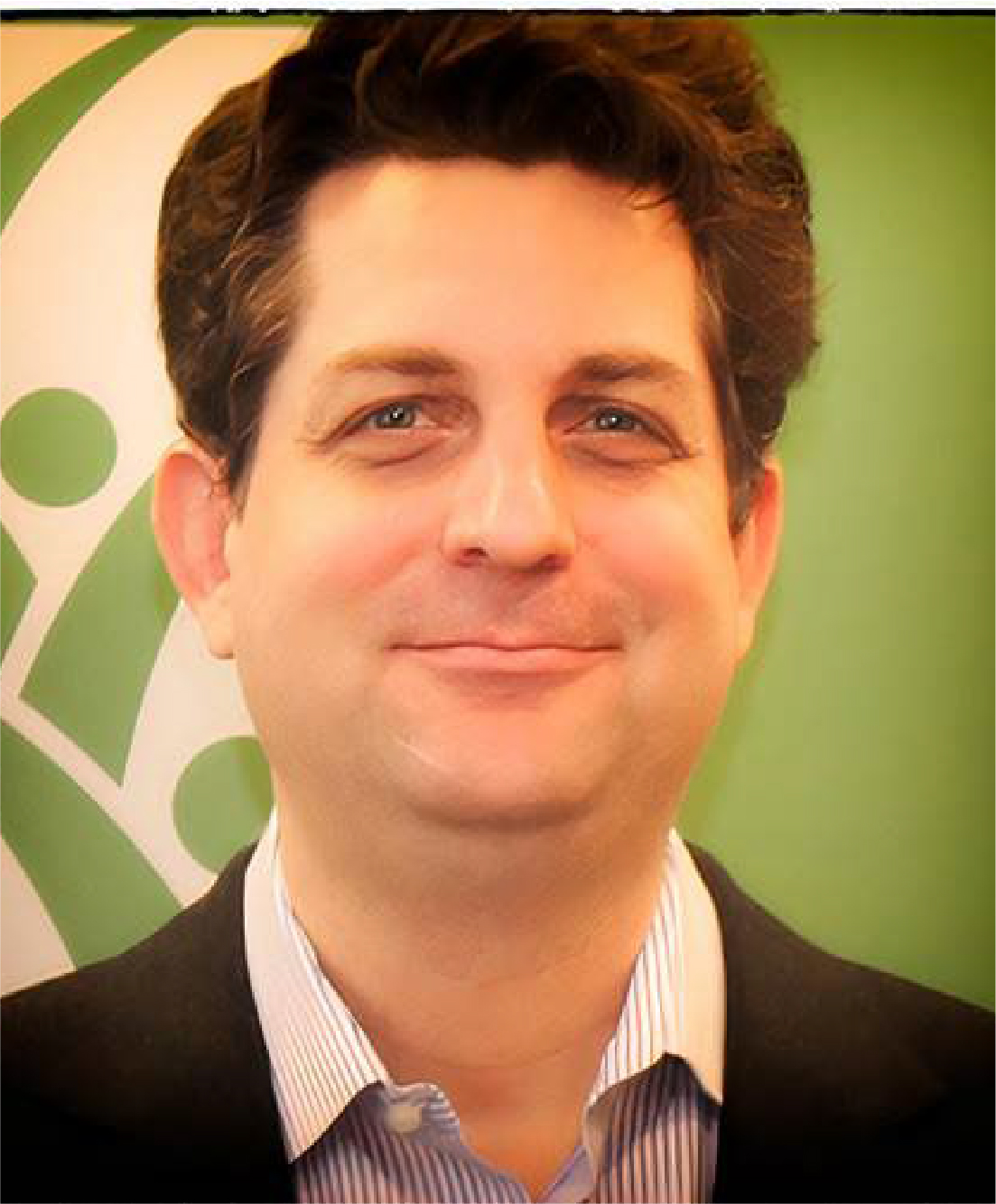
Dr. David Laborde Debucquet
Senior Research Fellow, IFPRI
Dr. David Laborde Debucquet is a Senior Research Fellow in the Markets, Trade and Institutions Division and the Theme Leader on Macroeconomics and Trade for IFPRI. His research interests include globalization, international trade, measurement and modeling of protectionism, multilateral and regional trade liberalization as well as environmental issues (climate change, biofuels). He has developed the MAcMapHS6 and the ADEPTA databases on tariffs as well as the TASTE software. Prior to joining IFPRI, he has worked as an Economist at the Centre d'Etudes Prospectives et d'Informations Internationales (CEPII) and as consultant for the European Commission, the Economic Commission for West Africa, the World Bank, USAID, and various UN agencies.
4. Status and Future of Extension in Africa
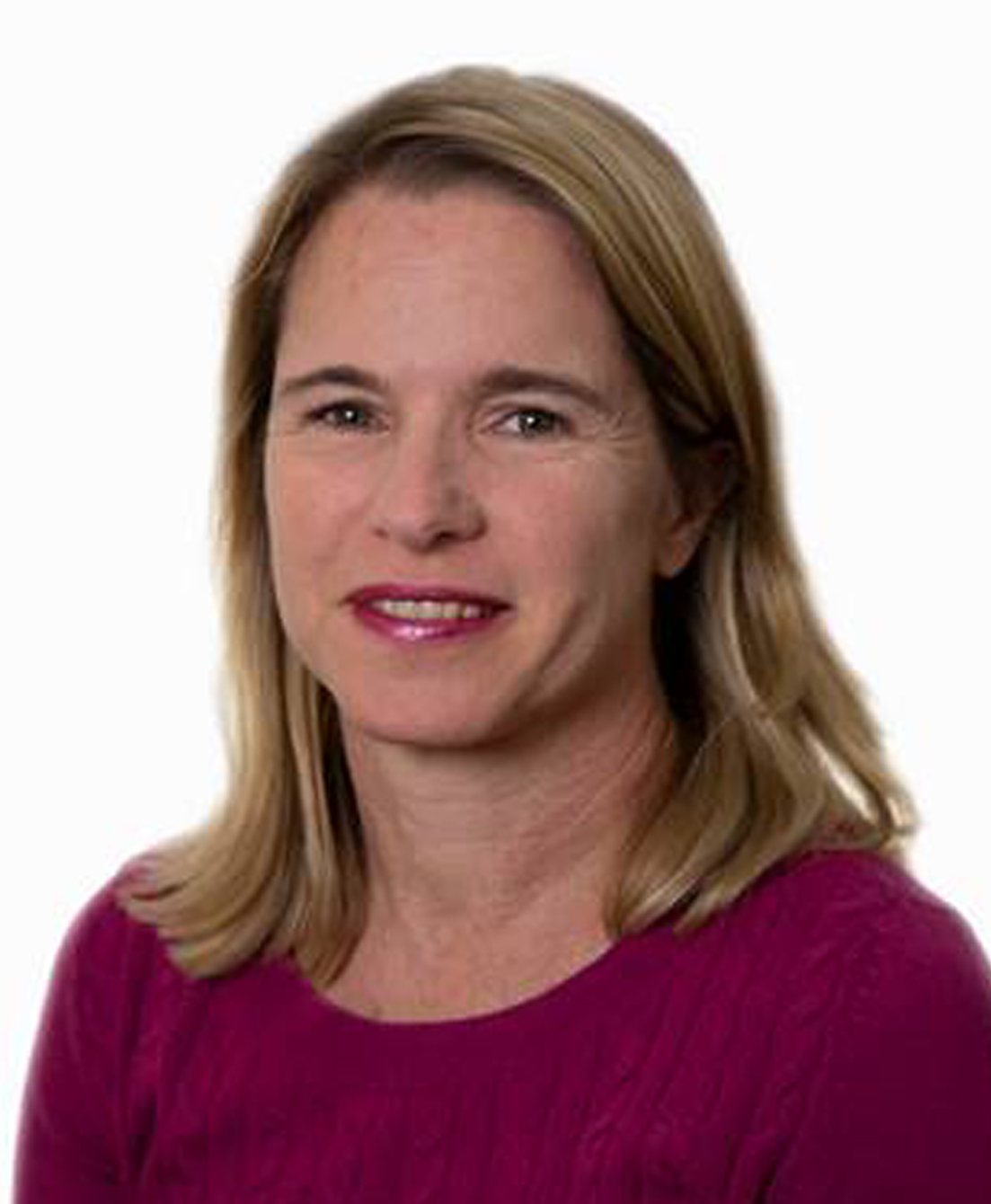
Dr. Kristin Davis
Senior Research Fellow, IFPRI
Dr. Kristin Davis is a Senior Research Fellow in the Development Strategy and Governance Division, IFPRI. An extension and education expert, she has conducted research on farmer field schools, rural institutions, agricultural innovation systems, pluralistic extension systems and extension education in Africa and worldwide. She is Editor-in-Chief of the Journal of Agricultural Education and Extension (JAEE) and has served as president of the Association for International Agricultural and Extension Education (AIAEE). Davis was the architect of the New Extensionist Learning Kit, a set of modules containing core competencies for the global extension agent.
5. Multidimensional Extension: Experience and Lessons
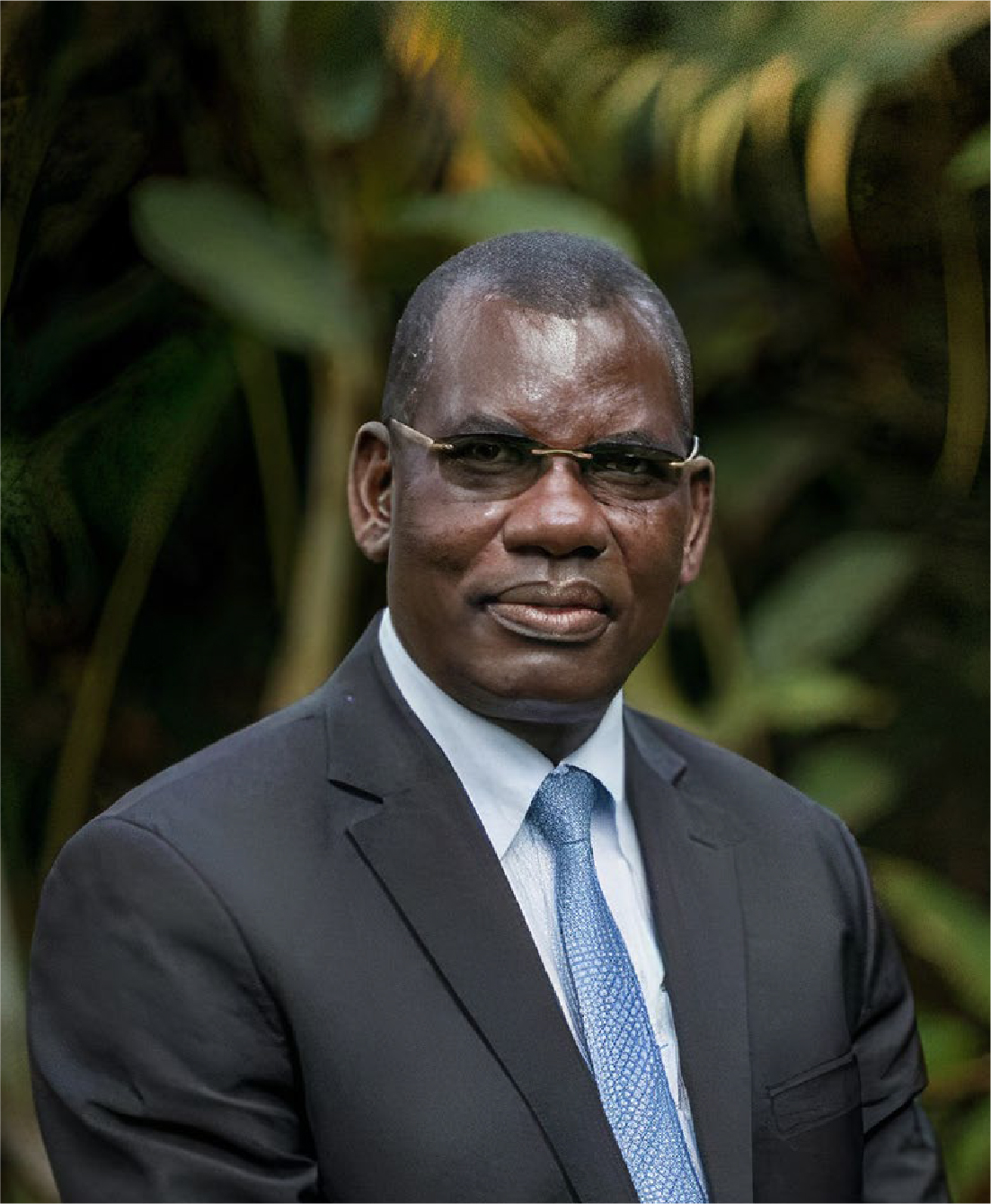
Mr. Max Olupot
Director for Programmes, AFAAS
Mr. Max Olupot, is Director Programmes; at AFAAS Secretariat; and Coordinator, Eastern Africa Field Schools Support Hub. He is the current Chair ‒ Tropical Agriculture Platform (TAP). He also sits in a number of Boards/Steering Committees including Uganda Advisory Board for Farm Radio International; and GFRAS focal person in Africa; with vast experience is establishing Rural Advisory Services Platforms. He holds Master’s Degree in Rural Development & BSc Hons Degree in Agriculture from Makerere University, First Class Diploma in Agriculture; Post Graduate Diploma in Project Planning and Management, and on research for Masters of Management Studies. He worked with International Sweet Potato Centre (CIP) on OFSP Farmer Field Schools; Lutheran World Federation (community empowerment and transformation with the gender lens in food, nutrition and income security); Africa200 Network- Farmer Organizations in scaling upland rice. He has vast grasp of Comprehensive Africa Agriculture Development Programme (CAADP) processes and frameworks. Highly accomplished in networking, partnerships and convening international events.
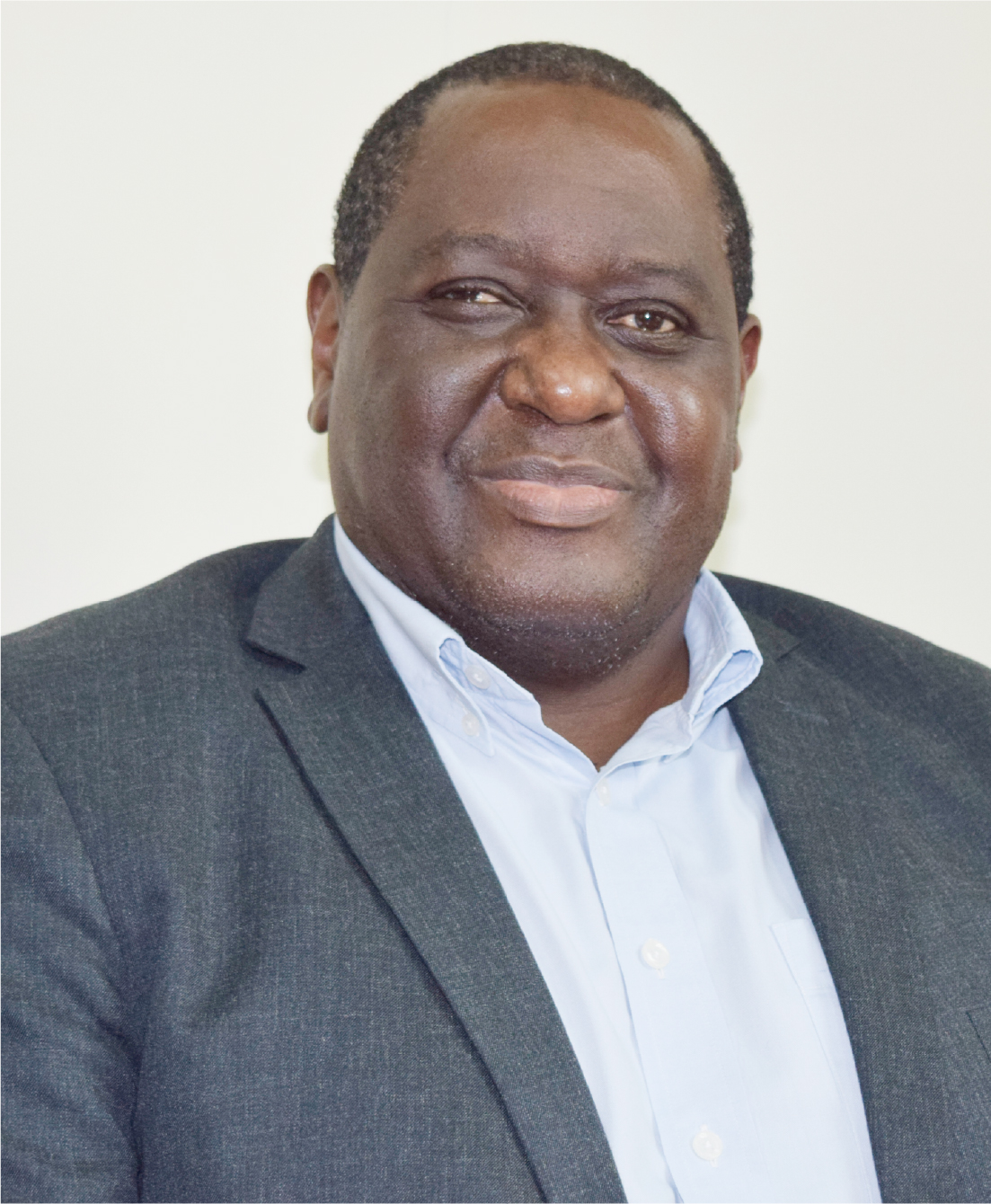
Dr. Mel Oluoch
Strategic Partnership Director, SAA
Dr. Mel Oluoch, Strategic Partnership Director of SAA, joined SAA since 2018 as the Regional Director and is based in Addis Ababa, Ethiopia. He has a PhD in Horticulture from Virginia Polytechnic Institute and State University (Virginia Tech, USA) an MSc in Horticulture from Central Mindanao University (Philippines), and a BSc Degree in Agriculture from the University of Eastern Africa (Kenya). He has previously held R&D and leadership capacities at the World Vegetable Center, the International Institute of Tropical Agriculture (IITA), HarvestPlus, International Center for Tropical Agriculture (CIAT), and Wageningen Plant Research, The Netherlands. His work has focused on multidisciplinary R&D disciplines that integrates agriculture and nutrition through the development and dissemination of Agriculture technologies and best practices such as integrated crop management technologies, climate-smart agriculture practices, resilient crop varieties and nutrition sensitive technologies that impacts rural and urban communities in Africa. Currently he coordinates SAAs strategic partnerships to enhance the design and program delivery of practical and innovative agricultural extension and advisory service and capacity building systems in Africa. He also leads the resource mobilization strategy for SAA.
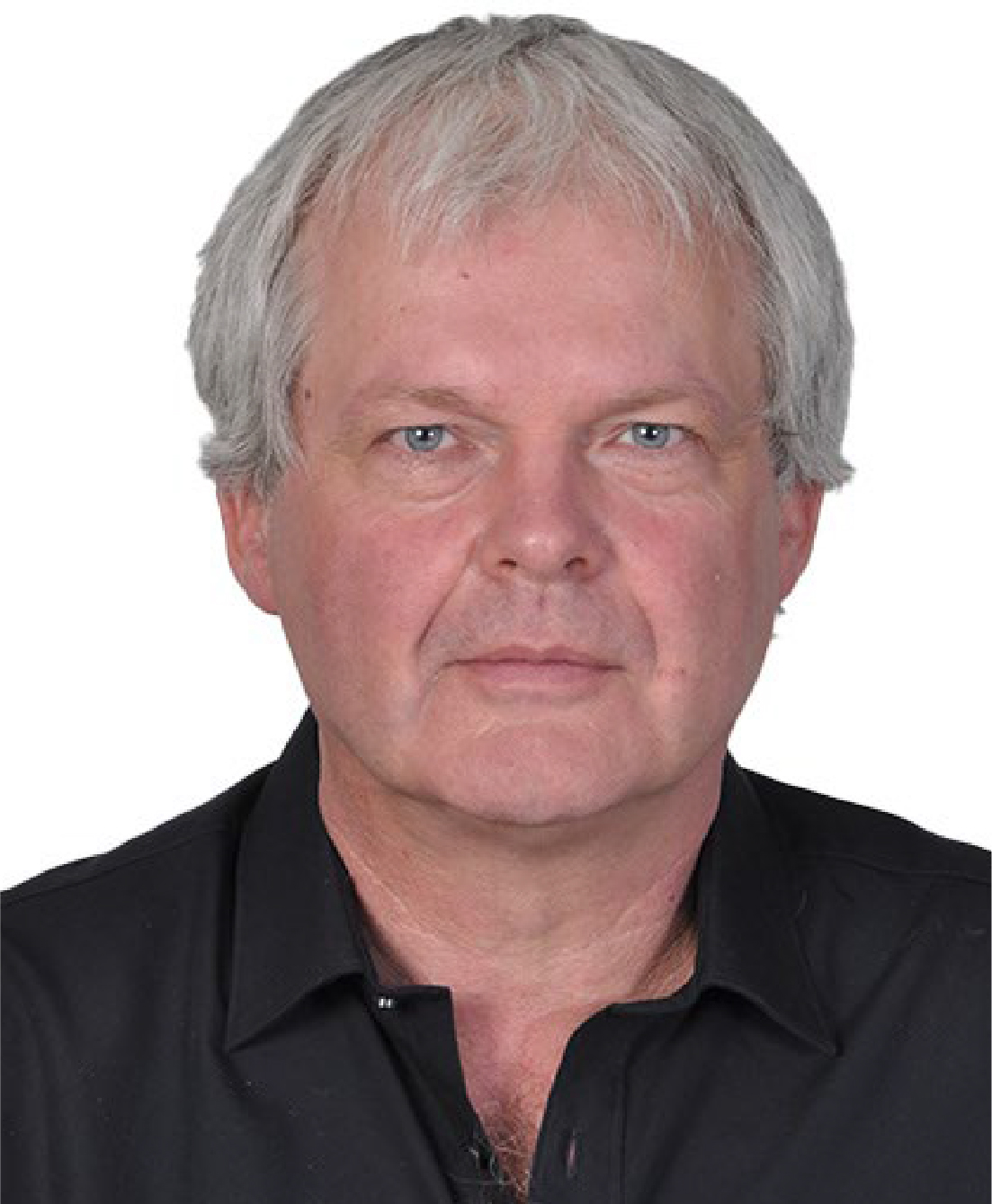
Dr. Bernard Vanlauwe
Director R4D, Central Africa and Natural Resource Management, International Institute for Tropical Agriculture(IITA)
Bernard Vanlauwe joined IITA in Kenya in March 2012 to lead the Central Africa hub and the Natural Resource Management research area. Prior to this appointment, he was the leader of the Integrated Soil Fertility Management (ISFM) program of the Tropical Soil Biology and Fertility research area of CIAT (TSBF-CIAT). He obtained his PhD in 1996 in Applied Biological Sciences. He has published over 200 papers in scientific journals and over 180 in other forms and has (co-) supervised over 40 PhD and over 60 MSc students. He is currently facilitating the development of an Excellence in Agronomy Initiative as part of the Once CGIAR reform process.
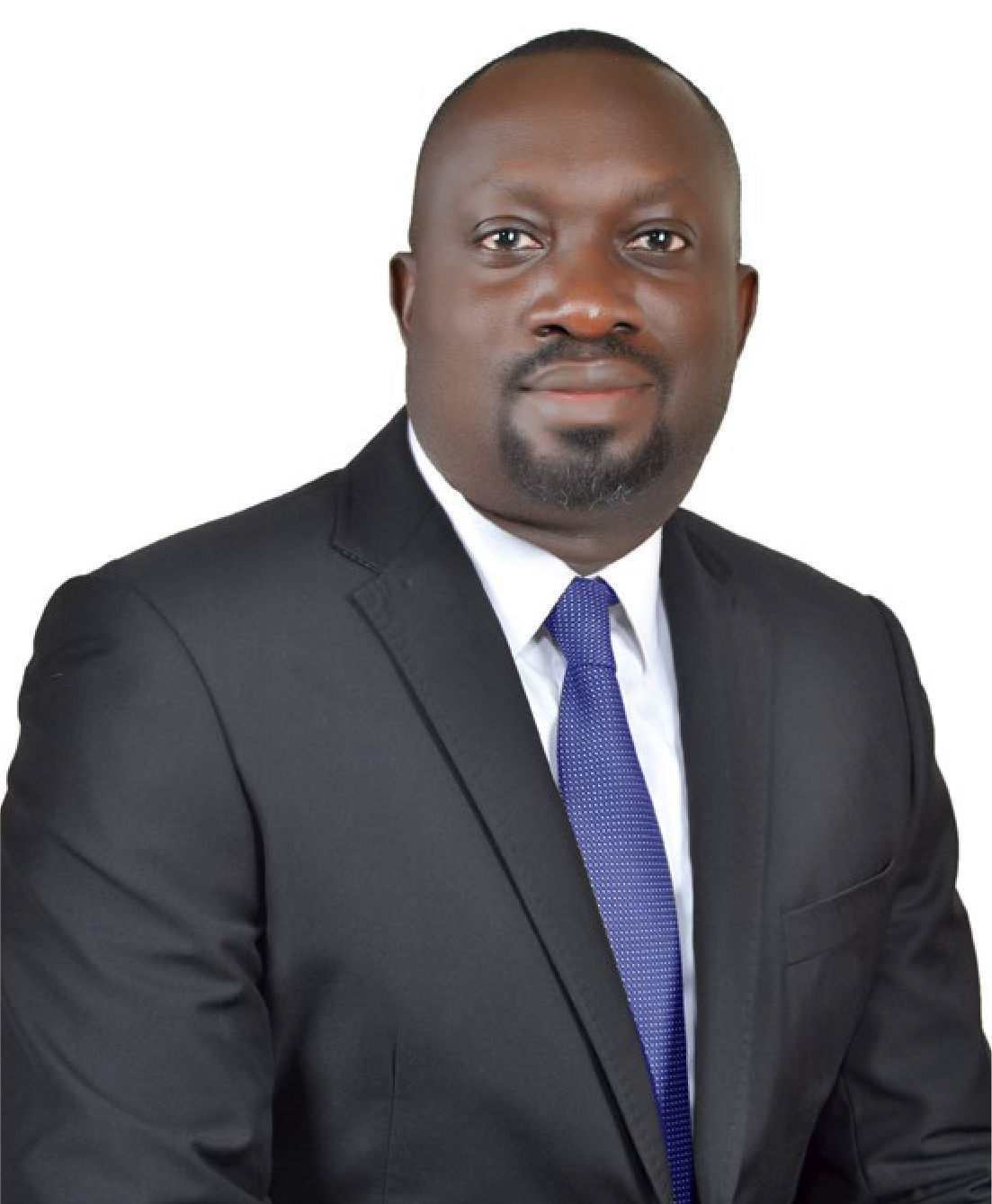
Mr. Joseph Bbemba
Deputy Country Director, SAA-Uganda
Mr. Joseph Paschal Bbemba serves as the Deputy Country Director at SAA-Uganda Office since 2016. He holds a Master’s degree in Business Administration majoring in marketing, a Bachelor of Arts degree in Economics, Cooperatives, Community Development and Extension, and a Professional Diploma in Marketing with the Chartered Institute of Marketing. He has over 20 years of experience with international, National, and Grassroots Organizations. Before joining SAA, he worked with Volunteer Efforts for Development Concerns (VEDCO) as the Executive Director. Before being appointed as the ED, he worked in different capacities as the Program Director, Team leader, Agriculture Trade Coordinator, and as a Market Specialist introducing and promoting the production and marketing of high value crops for export. He worked with the International Food and Policy Research Institute (HarvestPlus) as a Market and Product Development Specialist to promote Biofortified crops to fight hidden hunger. He has experience in building sustainable farmer institutions, building partnerships, and Value Chain Development.
6. Panel Discussion: Perspectives from Panelists
Moderator
Dr. Mel Oluoch
Strategic Partnership Director, SAA
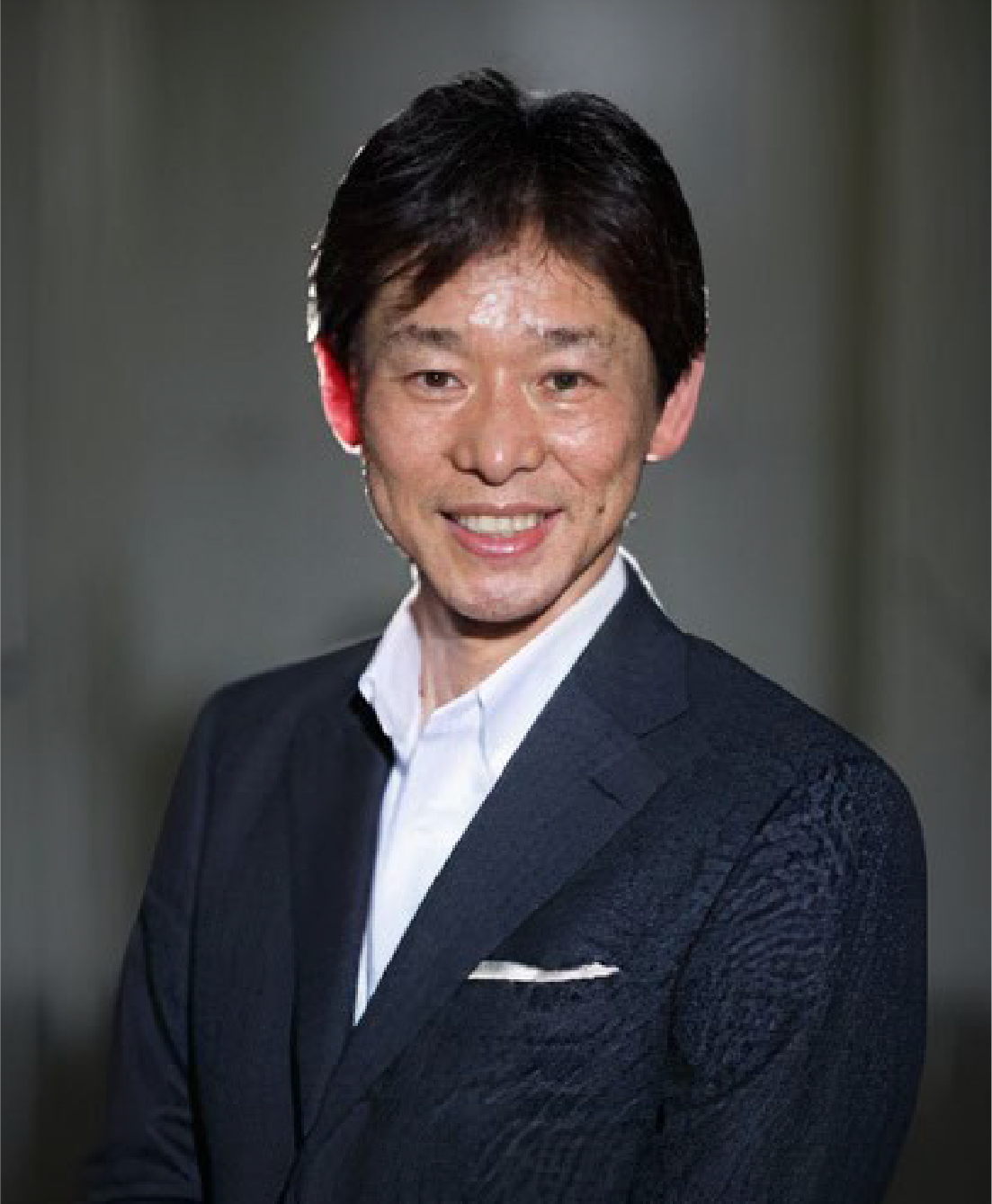
Panelists
Prof. Tomoyuki Naito
Vice President, Graduate School of Information Technology, Kobe Institute of Computing
Mr. Tomoyuki Naito is Vice President and Professor at Graduate School of Information Technology, Kobe Institute of Computing, Japan. In his over 25 years of professional career in the development field, he has been working with clients on digital economy acceleration policy and strategy formulation as well as its implementation for effective development; in particular ICT use leapfrogging practice in developing countries. Prior to assuming his current position, he was Senior Advisor in charge of ICT and Innovation for the development field at Japan International Cooperation Agency (JICA). Previously, he was Program Manager at the World Bank in charge of the Tokyo Development Learning Center, Director of Planning as well as Director of Transportation and ICT at JICA headquarters. He was also a member of the global steering committee of the 'Internet for All' project at the World Economic Forum.

Panelists
Dr. Yvonne Pinto
Lead Specialist- Digital Agriculture Innovation, The World Bank; and Managing Director, Aline Impact Ltd
Yvonne Pinto, Lead Specialist- Digital Agriculture Innovation, The World Bank; and Managing Director, Aline Impact Limited, has spent over 30 years in the agricultural development sector, particularly in Sub-Saharan Africa. She has a background in plant molecular genetics and virology and has worked in various positions with the Bill and Melinda Gates Foundation, the Gatsby Foundation, UN FAO and the Centre for Environmental Policy at Imperial College. She is currently the Director of Bioeconomy ‒ AgBio at Eagle Genomics.
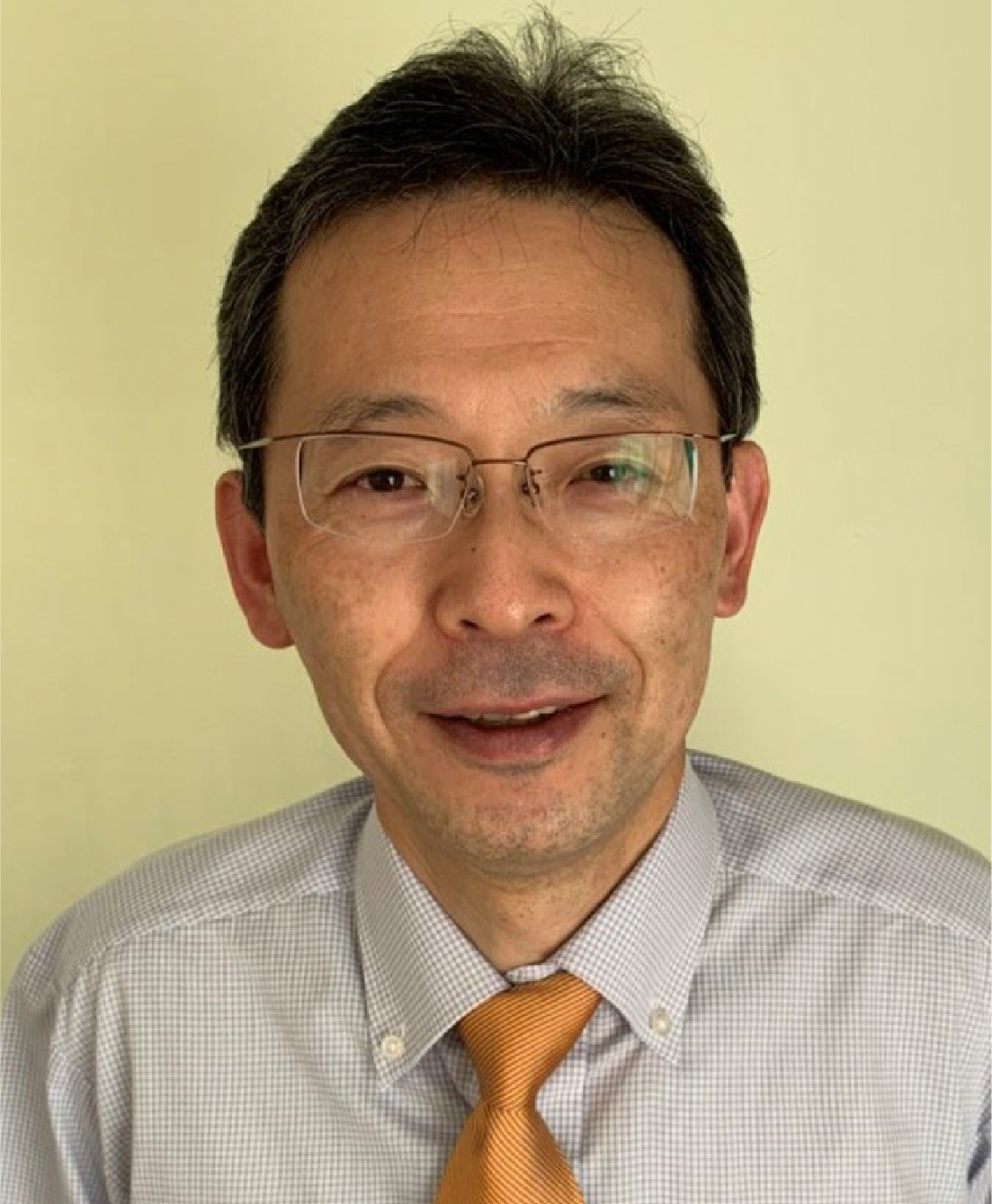
Panelists
Mr. Shinjiro Amameishi
Deputy Director General, and Group Director for Agricultural and Rural Development 2, Economic Development Department, JICA
Mr. Shinjiro Amameishi (Japan) is the Deputy Director General, Economic development Department, JICA, and responsible for the agricultural and rural development in Africa, Middle East and Europe. Since he joined JICA in 1994, he has engaged in the agricultural development with consistency. He served as Project Coordinator of agricultural and rural development project in Lao P.D.R.(1998-2000), Young Professional Officer, FAO Regional Office for Asia and the Pacific (2001-2003), Programme Formulation Advisor (agriculture sector development programme), JICA Tanzania Office (2008-2011) and Senior Representative, JICA Kenya Office (2016-2020).
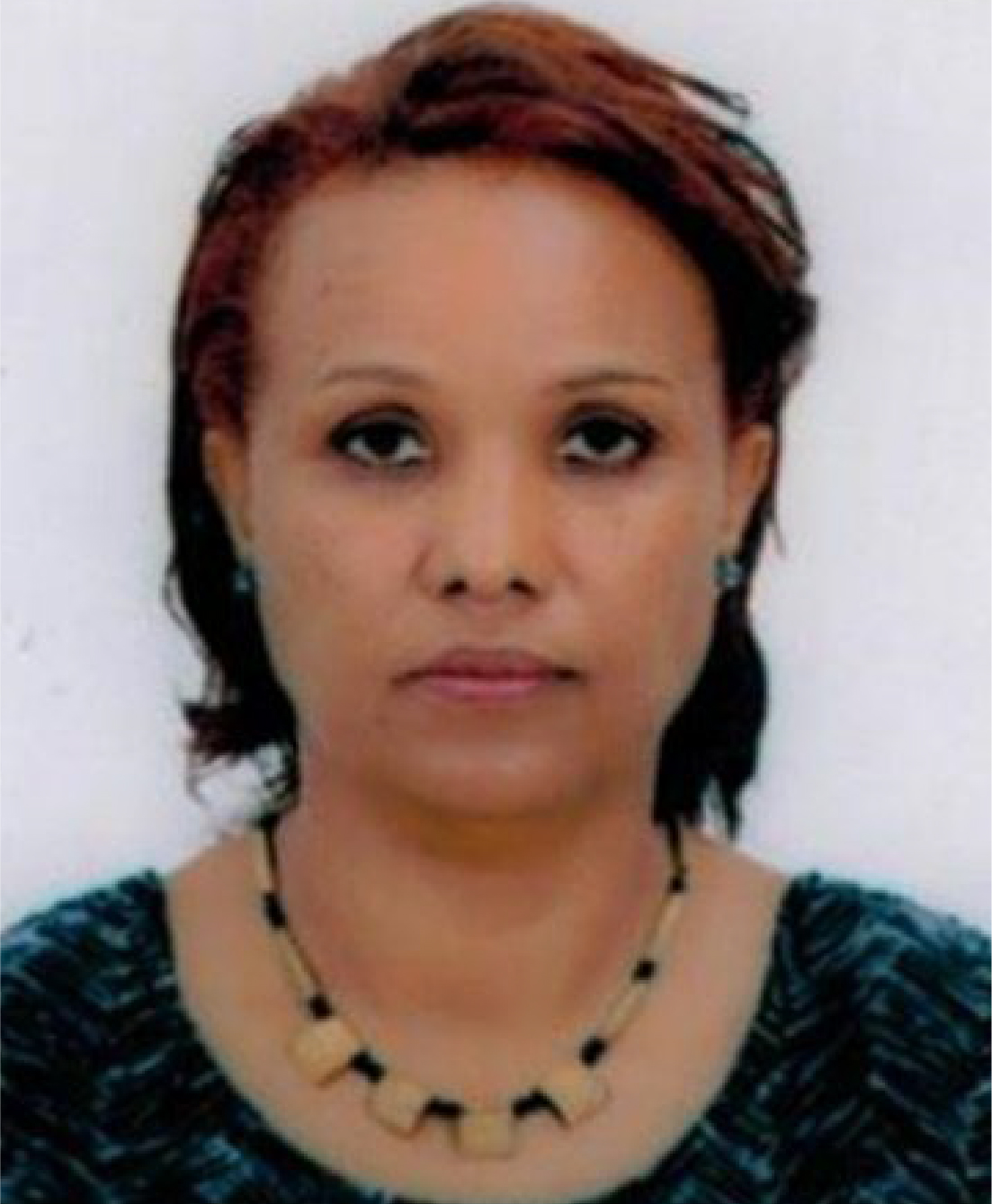
Panelists
Ms. Yenenesh Egu Bezabih
Director, Agricultural Extension Directorate, Ministry of Agriculture Ethiopia
Ms. Yenenesh is currently working as the Director of Agricultural Extension in MoA, Ethiopia. She is a Rural Development and Agricultural Extensions specialist by profession, with more than 15 years of experience and having worked her way up from grassroots level of being a development agent to the national level of the Director position. She has played an instrumental role in the formulation and planning of the pluralistic extension strategy, and coordination of extension activities, including collaboration with donors, international NGOs, private service providers and public organizations in providing extension service as well as promoting strong research-extension-farmer linkages. Ms. Yenenesh is also working on digital extension and advisory services.
7. Concluding Remarks – A Way Forward
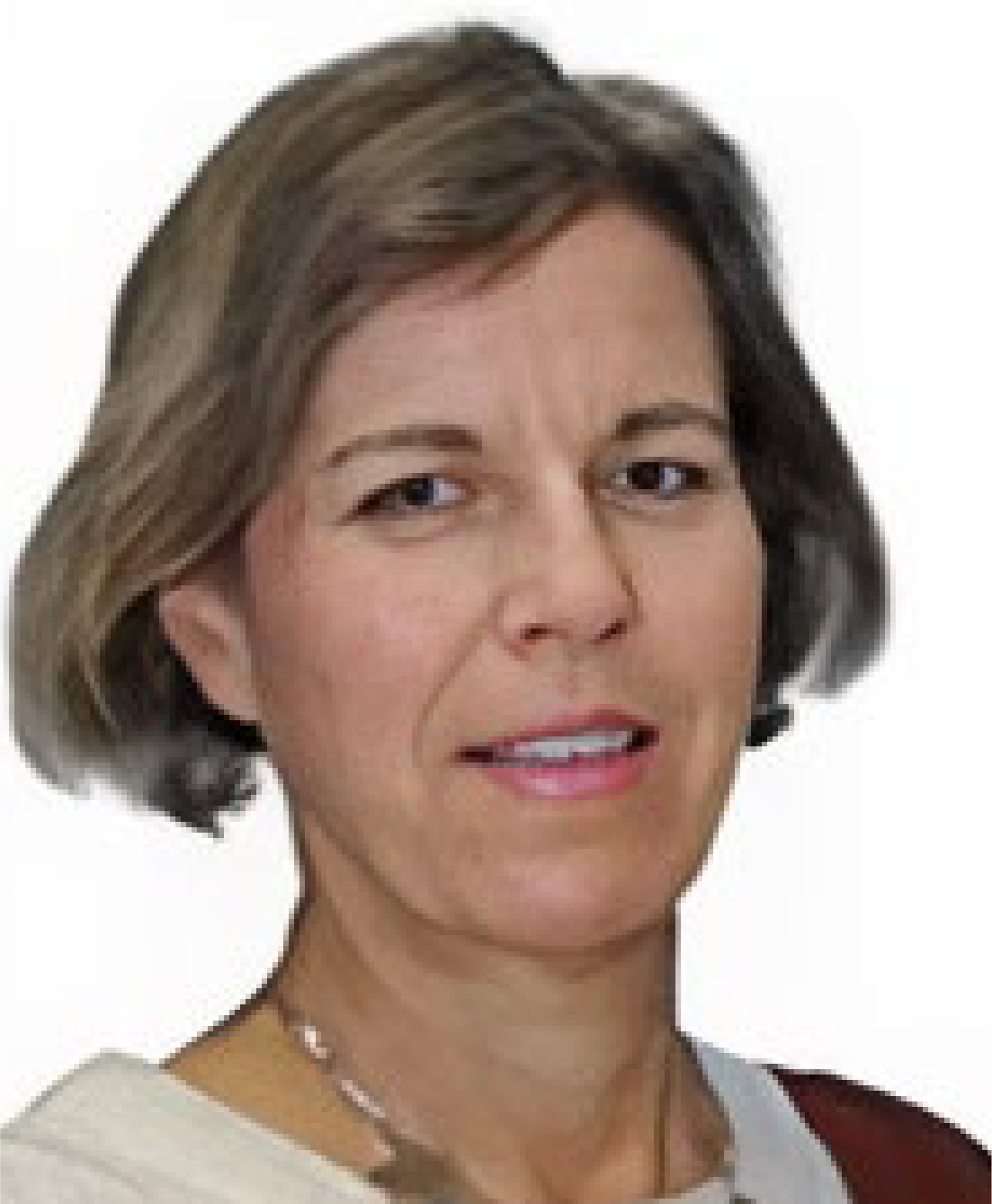
Ms. Charlotte Hebebrand
Director of Communications and Public Affairs, IFPRI
Ms. Charlotte Hebebrand, Director of Communications and Public Affairs of IFPRI, has a MA in International Relations and Economics from the Johns Hopkins University's School of Advanced International Studies. She has extensive experience researching as well as writing and communicating about food and agricultural policy topics. She served most recently as Director General of the Paris-based International Fertilizer Industry Association. Her prior post was President of the Washington, DC based International Food & Agricultural Trade Policy Council. Ms. Hebebrand began to work on food and agricultural topics at the EU Delegation in Washington, where she held positions in the Development, Trade and Agriculture & Food Safety divisions. She presently serves on the Board of the International Fertilizer Development Center, and on the advisory board of ag tech start up Phospholutions. She is a former member of the Independent Steering Committee of the CGIAR's Research Program on Climate Change, Agriculture and Food Security and previously served as a member of DuPont's Advisory Committee on Agricultural Innovation & Productivity for the 21st Century.
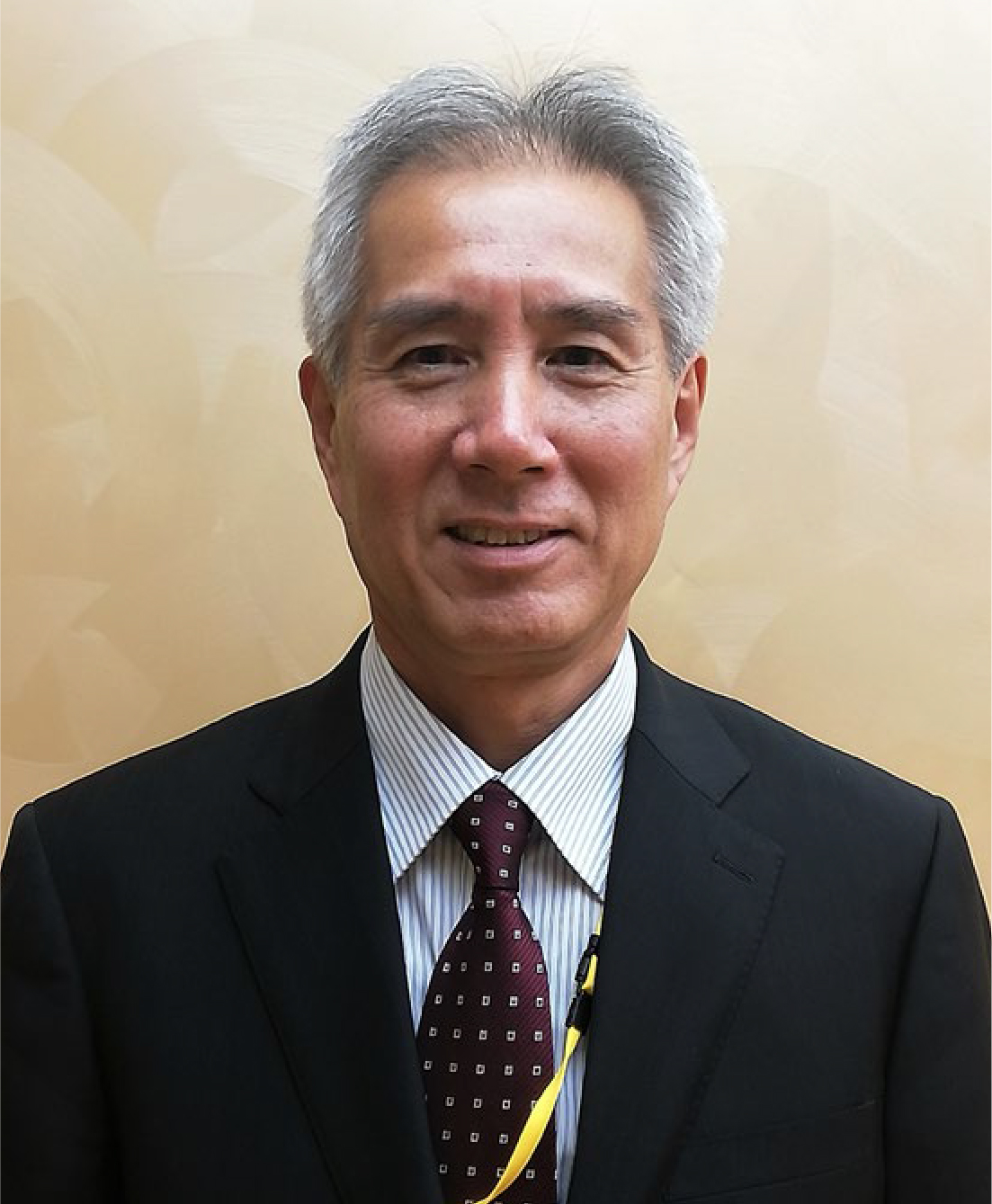
Dr. Makoto Kitanaka
President, SAA
Dr. Makoto Kitanaka (Japan) was appointed as President of the SAA in 2019. He has worked for JICA for more than 30 years and served as the Director General of the Department of Rural Development. Some of his achievements are: 1) expansion of the CARD (Coalition for African Rice Development) with the aim of doubling rice production in Africa in 10 years, 2) expansion of SHEP (Smallholder Horticulture Empowerment & Promotion in Africa) and 3) launch of IFNA (Initiative for Food and Nutrition Security in Africa).
